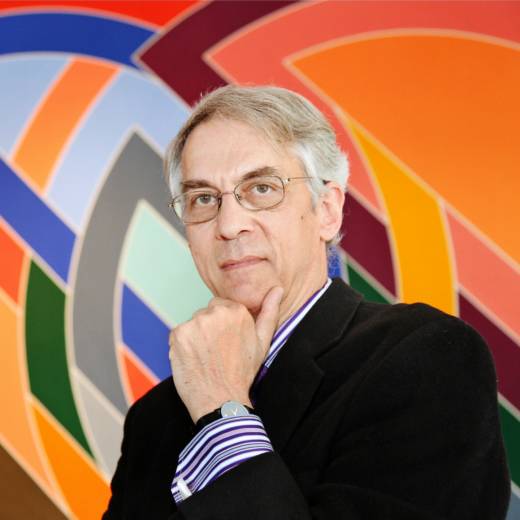Film makers often imagine the future, but to technologist like Dr. David Stork only one film stands as a virtual blueprint for what was – and is --- to come.
Fifty years ago today—at the Uptown Cinerama Theater in Washington DC—the world saw the premier of what is widely considered the greatest and most influential science-fiction film ever made: 2001: A Space Odyssey. I saw 2001 there a few weeks later and was captivated, even awed... and it helped lead me—and many others—into a career in science and technology.
More than any film makers, then or since, director Stanley Kubrick and writer Arthur C Clarke strove to get the science right, to make the film seem real. So they consulted experts from academia, NASA, Bell Telephone, IBM, and many other companies, all to portray in the finest detail what technology could be 35 years thereafter.
In some ways, the film was accurate. An astronaut loses a game of chess to the HAL 9000 computer; in 1997 IBM's Deep Blue triumphed over world champion Garry Kasparov. HAL lipreads the astronauts: I and my Silicon Valley colleagues built such a lipreading computer. The astronauts watched BBC News on an electronic tablet rendered so precisely that the scene was submitted as evidence over priority in a patent lawsuit between Samsung and Apple.
The film was too optimistic in many other areas, though. In the year 2001, no computer approached HAL's artificial intelligence.
